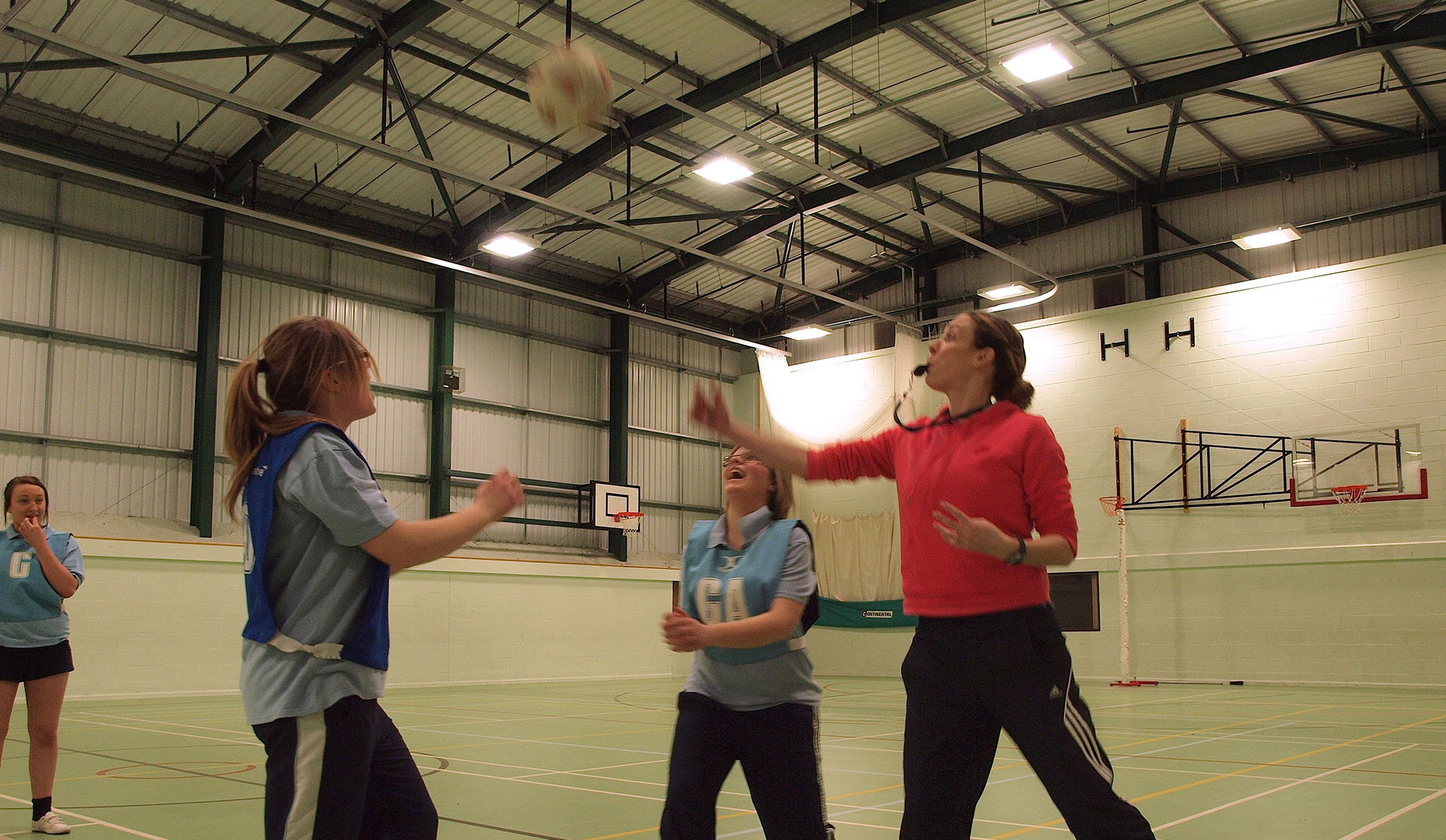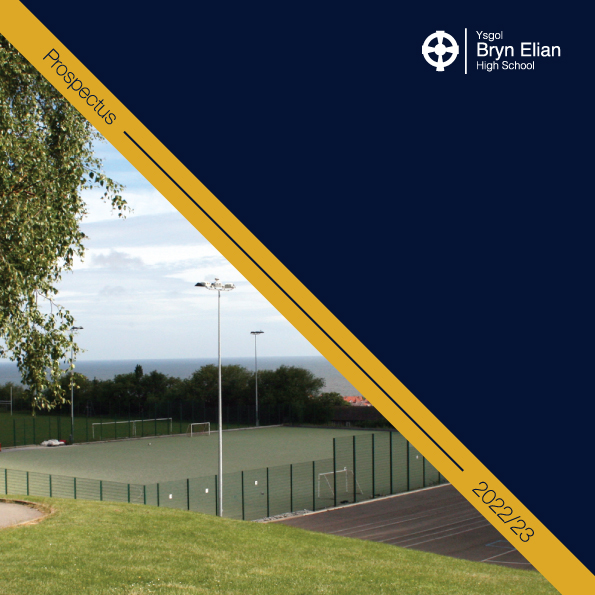Introduction to Department
This highly successful and productive department is dedicated to facilitating and encouraging all aspects of physical education. From competitive contact sports to personal fitness, our team provides countless opportunities for individual achievement.
Staffing & Responsibilities
Staff MemberDepartmental ResponsibilityAdditional ResponsibilityMr. R. HooperHead of Department
Teacher of PE
Responsible for BTECMr. A. CampionTeacher of WelshAssistant Head
MAT Co-ordinator
ITT Senior MentorMiss E. EvansTeacher of PESHRN Co-odinatorMr. D. MillerTeacher of PELearning Manager
Teacher of PSEMr. C. StewartTeacher of PEAssistant Head
Learning ManagerMr. C. WallisTeacher of PEAbout KS3
As a department we understand and reinforce the importance of how developing physical health and well-being has lifelong benefits. We pride ourselves in providing a bespoke, broad and balanced curriculum to cater for the individual needs of our diverse year groups. It is important that our students understand how our life experiences, and how we respond to them impact on our feelings thoughts and body. Understanding the factors that promote, and impact upon, emotional and mental well-being helps learners navigate their way through life and the events/experiences that they will encounter. Our decision making impacts on the quality of our lives and others. Decisions and actions, individually and collectively, have a clear, direct impact on the health and well-being of individuals and society. Making informed decisions is central to promoting healthy life choices, personal safety and well-being. Learners need support to consider choices and to understand the risks and possible consequences of their decisions on themselves and others.
About KS4
Core PE
During Core Physical education lessons, learners will access the Community Challenge aspect of the Welsh Baccalaureate course. They will look at their skills and qualities that will help them to develop and participate in opportunities that will benefit the local community.
GCSE – Physical Education
All pupils should have a general interest in a range of sporting activities. They should have shown sufficient evidence of an acceptable level of performance in Physical Education classes at Key Stage 3.
Why do we offer GCSE Physical Education?
Through studying GCSE Physical Education learners will acquire the knowledge, understanding, skills and values to develop and maintain their performance in physical activities and understand the benefits to health, fitness and well-being. Learners will develop theoretical knowledge and understanding of the factors that underpin physical activity and sport and use this knowledge to improve performance.
This is a very intensive course based on 50% Theory and 50% Practical. Although not compulsory it is advantageous that you play a sport to a higher level. One of the practical aspects is a Personal Fitness Programme that is linked to the main sport.
About KS5
Young people taking their first steps towards a new career need the right blend of technical and academic skills in order to become the highly skilled, work-ready individual’s employers and universities look for.
Foundation Diploma - 540 GLH (guided learning hours) - equivalent to 1.5 A levels
Methods of Assessment
Assignments (internally assessed)
Practical tasks set in work-related scenarios that can be tailored to local industry needs for. Learners demonstrate how they apply knowledge and skills to complete a practical project over a period of time, working individually or in groups.
Tasks (externally assessed)
Practical work-related scenarios completed in realistic, time-based situations. They are completed in controlled conditions and some tasks have pre released information.
Written Exams
For written exams, learners draw on essential information to create written answers to practical questions in exam conditions.
Units Covered:
Practical sport
Anatomy and Physiology
Sports Leadership
Physiology of Fitness
Professional Development in the Sports Industry
A little bit about Careers involving this subject
Jobs in teaching and coaching
Teaching and coaching jobs involve working in schools, colleges and a variety of other settings. You'll need good communication skills, as well as physical ability. It's important to be able to work with people from different backgrounds, different age groups and of different abilities.
Physical Education Teacher
Physical Education (PE) teachers instruct young people in physical activities and sport. They organise and supervise groups, coach in various sports and skills, and motivate young people to improve their performance.
At GCSE and above, PE teachers cover topics in sports and exercise science, including diet and nutrition, anatomy, physiology, preventing sports injuries, and looking at ways to encourage people to exercise.
PE teachers often need to supervise sporting activities during lunchtimes or after school. Some schools expect PE teachers to teach another subject as well.
Lecturer - Further and Higher Education
Lecturers teach a range of subjects related to sport, for instance sport and exercise science, sports studies, physical education, coaching, and fitness science.
They plan and design courses, teach students through formal lectures and other means, and assess students' work.
In higher education, they are expected to do research in their own specialist field.
Sports Coach
Sports coaches work with teams and individuals, passing on the skills and techniques of a sport. They may work with complete beginners, or at the other end of the scale, with professional players and athletes.
After identifying the needs of the individual or team, the coach plans and puts into practice a suitable training programme. As well as improving technique, the programme should also build confidence, and encourage participants to fulfil their potential.
Only a small number of coaches have full-time, salaried posts. Most work on a part-time basis, paid or voluntary. Coaching can sometimes be combined with other work, such as administration or lecturing.
Outdoor Pursuits Instructor
Outdoor pursuits instructors work with individuals and small groups of all ages and abilities. They teach a range of skills by giving practical demonstrations and short lectures. Activities include abseiling, canoeing, caving, rock climbing and windsurfing.
Instructors need to plan programmes of activity that meet the interests and ability levels of particular individuals or groups.
Sports and Leisure Centre Manager
Most sports centres have facilities for outdoor and indoor sports. Large centres may have pools, sports halls, gyms, bars and eating areas. Much of sports and leisure centre managers' work involves administration at a high level.
For example, they work out business plans and marketing strategies. They also manage staff, budgets, premises and equipment. Managers also organise sporting events, courses and competitions, etc.
Sports and Leisure Centre Assistant
Sports and leisure centre assistants set up and look after equipment, and supervise members of the public when they are using the centre's facilities. They are also responsible for general cleanliness of the centre and for maintaining safety standards.
In centres with swimming pools, qualified lifeguards patrol the pool area, keeping watch on swimmers and rescuing anyone who gets into difficulties in the water. The job may also involve helping to run fitness classes.
Fitness Instructor
Fitness instructors (also known as consultants or trainers) work in gyms, health clubs and sports centres.
They carry out individual fitness tests and then devise a suitable exercise programme for each client, using equipment such as treadmills, rowing machines and weights. They also demonstrate the use of equipment and make sure that clients use it safely.
The work can also involve devising exercise programmes for patients, referred by their doctors, with conditions such as high blood pressure, obesity or stress-related anxiety.Fitness instruction is often combined with teaching classes in aerobics or other forms of exercise.
Sports Scientist
Sports scientists study, research and advise on the scientific aspects of sport and exercise, and on human performance and capability. Research is often carried out in a university or in employment with a sports equipment manufacturer.
Some work as fitness consultants/instructors; others teach sport or manage sports and leisure centres. The work requires a combination of scientific and sporting ability.
Sports Development Officer
Sports development officers promote community participation in sport.Their role involves targeting and encouraging specific groups of people to participate in sporting activities.
Sports development officers plan and publicise sports programmes, and work at sports venues with their target groups. At a senior level, their role may involve overall planning for sports development in their local area.
While the majority of sports development officers work for local authorities, some are employed by the national governing bodies of sport.
Sports Administrator
This job title covers a variety of roles in sports clubs, local authorities and national governing bodies of sport. Typical responsibilities include planning, organising, marketing and promotion. The work is mainly office-based, and a background in sport, although useful, is not essential.
Sports Therapist
Sports therapists help people to avoid injury or get back to full performance if they have an injury. They don't just work with athletes; they can treat people of any age or ability. They help people to get ready and be at their best for sports training and events, as well as everyday life, including work.
Treatments include massage to correct muscles that are out of balance, exercises to increase strength, electrotherapy and therapeutic ultrasound.
Before a sports event, therapists might give advice on how to prepare mentally, strapping, stretching and warming up. During an event, therapists can give first aid and examine injuries to see whether the sportsperson can continue. Afterwards, they might advise that the person has emergency treatment.
Useful Websites
Other Information
We have a thriving Sports Ambassador programme where the learners manage the extra-curricular provision. We have Bronze, Silver, Gold and Platinum Ambassadors representing the student voice at local and National level.

Changing the world, one site at a time…


